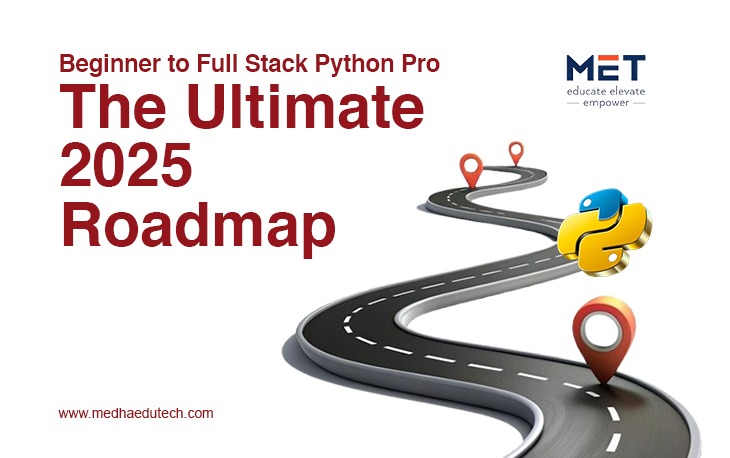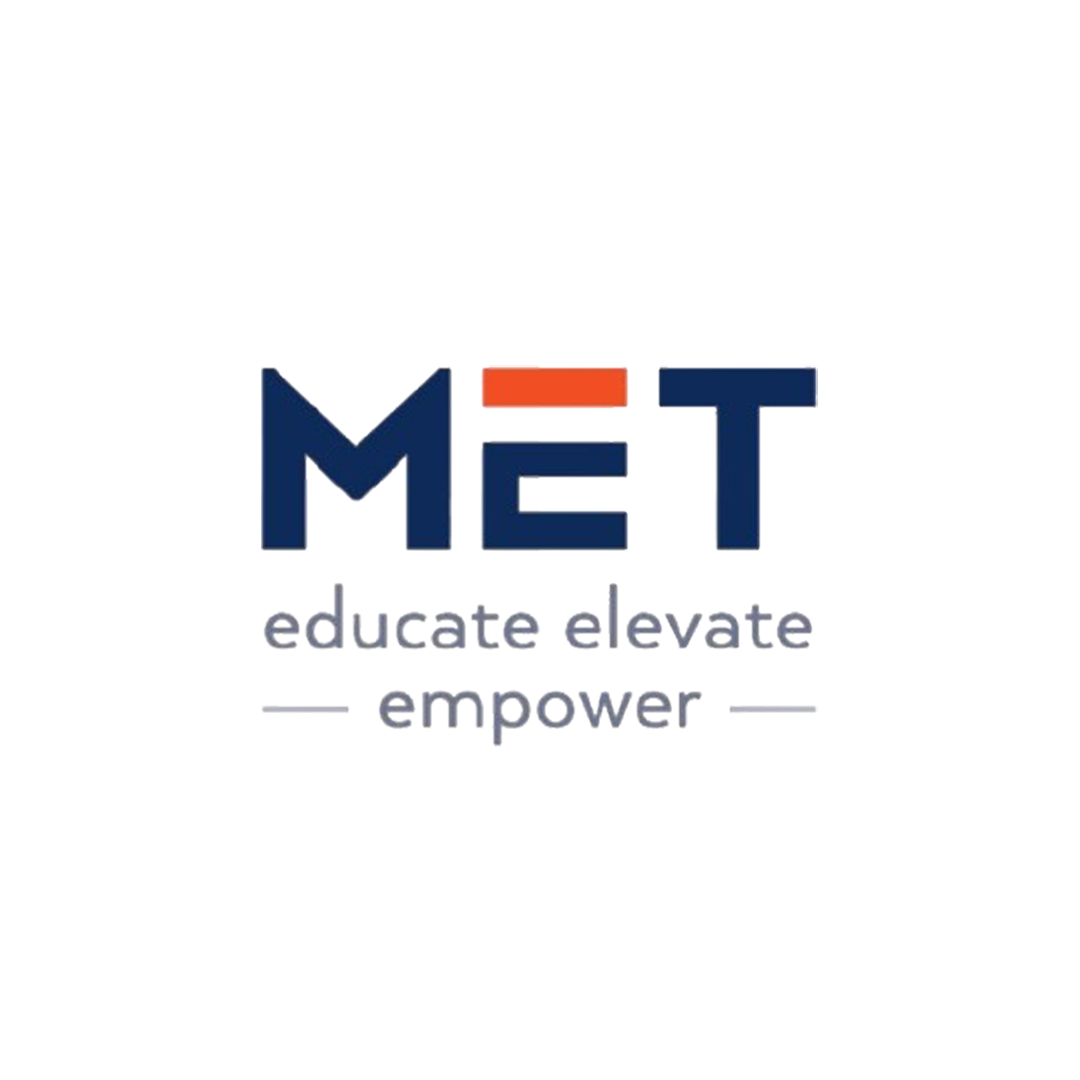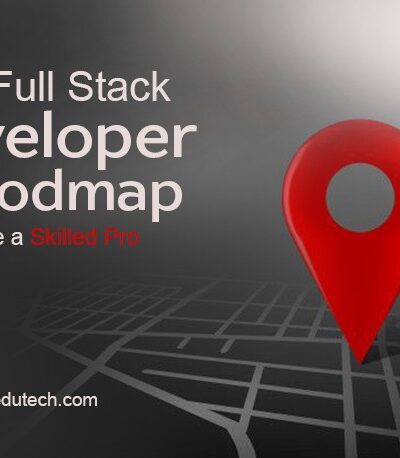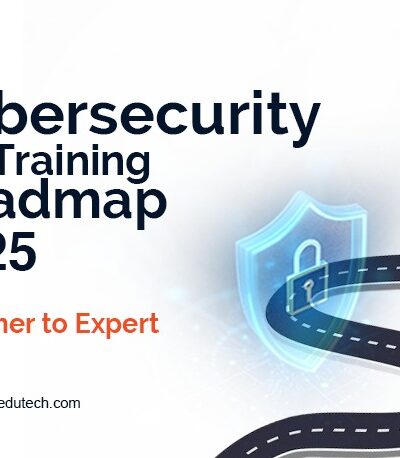In 2025, choosing to learn Python is more than just a smart move—it’s a game-changing decision for your career. Known for its clean, readable syntax and incredible versatility, Python continues to dominate industries like web development, artificial intelligence, automation, data science, and DevOps. But what makes it truly powerful is its ability to help you transition from beginner to job-ready developer quickly, especially through a Full Stack Python Developer Course.
Whether you’re a student just starting out, a fresher looking to break into IT, or a working professional aiming to upgrade your skills, enrolling in a Full Stack Python Course gives you a structured roadmap to success. From mastering front-end technologies like HTML, CSS, and JavaScript to backend development using Python frameworks like Django and Flask, this career path equips you with everything needed to build real-world applications from scratch.
If you’re searching for the best Python Full Stack Developer Course that offers both conceptual clarity and hands-on experience, look no further than the options available right here in Hyderabad. The Python Full Stack Developer Course in Hyderabad is tailored to meet industry demands with practical sessions, live projects, resume preparation, and placement assistance.
Many institutes now offer an intensive Python Full Stack Course in Hyderabad that combines both core Python training and full stack development techniques. If you’re looking for job-focused, mentor-driven programs, enrolling in a Python Full Stack Training in Hyderabad can give you an edge in today’s competitive job market.
So, whether you’re searching for a beginner-friendly Python Course in Hyderabad or a comprehensive full stack journey, 2025 is the perfect time to start. Take the first step toward becoming a future-ready developer and unlock limitless career opportunities with Python.
Step 1: Learn the Basics of Python Programming
Timeline: 2–3 weeks
If you’re planning to become a developer in 2025, your journey begins with building a strong foundation in core Python. This is the essential first step in any well-structured Full Stack Python Developer Course. Whether you’re enrolled in a classroom or self-paced program, the basics of Python form the backbone of your development skills.
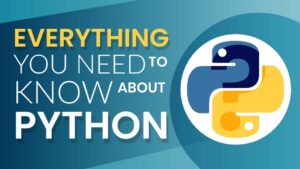
Key Concepts to Master:
- Variables and Data Types: Understand how to store and work with different types of information
- Input and Output: Learn how to take user input and display output
- Conditional Statements: Control flow with if, else, and elif
- Loops: Automate repetition using for and while loops
- Functions and Modules: Write reusable blocks of code and organize your logic
- Collections: Work with Lists, Tuples, Sets, and Dictionaries to manage data efficiently
Why This Matters:
These topics form the base of all advanced topics you’ll learn in a Full Stack Python Course. Whether you’re building web apps, APIs, or working with databases, a solid understanding of these concepts will save you time and confusion later on.
Tools You’ll Use:
- Python 3 – The latest and stable version for beginners
- VS Code – A powerful and lightweight code editor
- Jupyter Notebook – Perfect for writing and testing short Python programs interactively
Pro Tip for Practice:
Sharpen your logical skills and build confidence by solving beginner-level challenges on HackerRank, LeetCode, or Coding Ninjas. This aligns with the practical learning approach of any good Full Stack Python Developer Course in Hyderabad.
Whether you’re starting with a Python Full Stack Course in Hyderabad or exploring a Python Course in Hyderabad to test the waters, this first step is crucial. Many institutes offering Python Full Stack Training in Hyderabad begin with this exact foundation before moving on to advanced topics like Django, databases, REST APIs, and frontend development.
So, take your time to absorb these basics. It’s the first step toward mastering the complete Full Stack Python Developer Course—and setting yourself up for a high-paying, in-demand tech career.
Step 2: Master Object-Oriented Programming (OOP) in Python
Timeline: 1–2 weeks
After you’ve built a strong foundation in Python basics, the next critical step in your journey through a Full Stack Python Developer Course is understanding Object-Oriented Programming (OOP). Whether you’re planning to work on backend systems, APIs, or enterprise-level web applications, OOP is the backbone of modern Python development.
A high-quality Full Stack Python Course will always dedicate time to thoroughly teaching OOP principles, as they enable you to write modular, reusable, and scalable code—an essential skill for any professional developer.

Key OOP Concepts You Must Learn:
- Classes & Objects: Learn how to create your own data types using class definitions and real-world object models.
- Constructors (__init__ method): Understand how to initialize objects with attributes at the time of creation.
- Inheritance: Share attributes and methods from one class to another to reduce redundancy.
- Polymorphism: Allow functions or methods to behave differently based on context.
- Encapsulation: Hide internal object details and only expose necessary parts.
- The self keyword & Method Overriding: Understand how Python refers to instance variables and how child classes can redefine parent methods.
Why OOP is a Game Changer:
In any Full Stack Python Developer Course in Hyderabad, OOP is a foundational module because it teaches you how to organize your code in a clean and manageable way. This becomes especially important when you’re building complex backend logic in frameworks like Django or Flask, which are taught in every advanced Full Stack Python Course in Hyderabad.
By mastering OOP, you’ll not only improve your programming logic but also align with real-world software architecture standards used in companies across the globe.
Learn from the Right Place:
If you’re based in Telangana or nearby and looking to learn from industry experts, enrolling in a Python Full Stack Training in Hyderabad can accelerate your learning. These programs offer project-based learning, real-time use cases, and mock interviews—ensuring you’re job-ready. Even if you’re just starting out and exploring a basic Python Course in Hyderabad, make sure OOP is covered in detail.
Pro Tip:
Start building mini-projects like a student management system or bank account simulation using OOP concepts. These are common exercises in a Python Full Stack Developer Course and are often asked in interviews to test your practical understanding of object-oriented design.
Understanding OOP is more than just passing a chapter—it’s about thinking like a developer, which is what the best Full Stack Python Developer Courses in Hyderabad aim to cultivate. Master this step, and you’ll be prepared for building dynamic, interactive, and maintainable backend systems that power full stack applications.
Step 3: Python Libraries You Must Know to Become a Full Stack Developer
Timeline: 1–2 weeks
Once you’ve mastered the basics and built a strong foundation in Object-Oriented Programming (OOP), the next step in your Full Stack Python Developer Course is to get hands-on with the essential Python libraries that every developer must know. These libraries will make your code more efficient, enhance your project functionality, and prepare you for real-world application development.
In any well-structured Full Stack Python Course, you’ll learn how to use these built-in and external libraries to interact with files, automate tasks, work with APIs, manage environments, and more. These libraries are building blocks used across backend development, scripting, DevOps, and REST API integrations—all of which are crucial components of becoming a full stack developer.
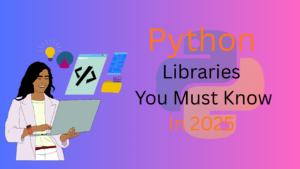
Must-Know Python Libraries:
- math: Perform mathematical operations such as square roots, trigonometry, logarithms, and more.
- datetime: Handle date and time operations like scheduling, timestamps, and formatted outputs.
- random: Generate random numbers, shuffle data, or simulate choices—used often in testing and gaming logic.
- os and sys: These libraries are critical for file handling, system-level automation, and interacting with the operating system.
- requests: One of the most important libraries used to connect your backend with external APIs—perfect for building dynamic applications that rely on third-party data.
- venv: Learn how to create virtual environments for each of your projects, ensuring clean package management and avoiding version conflicts.
Why This Step Matters:
These libraries aren’t just useful—they’re expected knowledge in the real world. When you enroll in a Python Full Stack Developer Course in Hyderabad, you’ll find that many projects involve automation, file handling, API integrations, and time-based tasks. Mastering these libraries gives you the power to build smarter, cleaner, and more functional code across both frontend and backend layers.
In Hyderabad, many top-tier training institutes design their Python Full Stack Course in Hyderabad to include hands-on practice with these libraries, because they are essential in job interviews, technical rounds, and daily developer tasks.
Learning with Real Projects:
A good Python Full Stack Training in Hyderabad doesn’t just teach you these libraries—they help you apply them in live projects. You might use requests to build a weather app that pulls data from an API or use os and datetime to automate a log file management system.
Even if you’re starting with a Python Course in Hyderabad, make sure your institute gives you exposure to these real-world Python libraries—not just textbook theory.
Pro Tip:
Try combining these libraries in a single project. For example, build a daily task scheduler that logs activities using datetime, stores them in a file using os, and sends a summary using an API with requests. This kind of mini-project adds real value to your resume and is commonly assigned in a Python Full Stack Developer Course.
By the end of this step, you won’t just know Python—you’ll be building smart, modular applications. These foundational tools prepare you to handle full stack projects confidently and are a core part of every top-rated Full Stack Python Course in Hyderabad.
Step 4: Dive Into Web Development (Frontend)
Timeline: 3–4 Weeks
To truly call yourself a full stack developer, you must know how to build the frontend—the part users see and interact with. Every top-tier Full Stack Python Developer Course emphasizes the importance of solid frontend fundamentals.
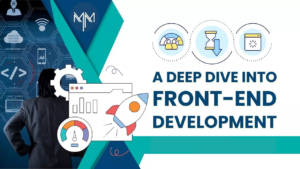
In this stage of your Python Full Stack Developer Course in Hyderabad, you will learn:
- JavaScript (Basics) – Make your website interactive
- Bootstrap – Quickly build responsive and mobile-friendly layouts
Optional Upgrade: Learn React.js to build scalable, fast UIs (taught in advanced Full Stack Python Training in Hyderabad).
Start building static websites, landing pages, and personal portfolios, which are commonly assigned in any Full Stack Python Course.
Step 5: Python Web Frameworks (Backend)
Timeline: 4–5 Weeks
Time to power your frontend with a robust backend. A core component of any Full Stack Python Developer Course in Hyderabad is mastering popular backend frameworks.
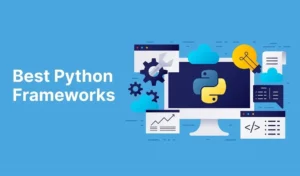
Choose between:
- Django – Full-featured and batteries-included
- Flask – Lightweight and highly customizable
Learn to:
- Implement URL Routing & Views
- Design Models using ORM (Object Relational Mapping)
- Work with Templates (Jinja2 for Flask, DTL for Django)
- Perform CRUD operations (Create, Read, Update, Delete)
- Understand Middleware, Sessions & Authentication
Start building dynamic web applications, admin panels, and login systems—a must in all Full Stack Python Courses in Hyderabad.
Step 6: Master Databases
Timeline: 2 Weeks
Data is the heart of any web application. That’s why mastering databases is crucial in a Python Full Stack Course in Hyderabad.
Learn:
- SQL fundamentals (PostgreSQL / MySQL)
- Joins, foreign keys, and constraints
- Use SQLite with Django for development
- Intro to NoSQL databases like MongoDB
Practice model building and integration using Django ORM, a common requirement in real-world Python Full Stack Developer Course projects.
Step 7: Build REST APIs
Timeline: 1–2 Weeks
Learn:
- Django REST Framework (DRF)
- Flask with Flask-RESTful
- HTTP methods: GET, POST, PUT, DELETE
- Work with JSON data
- Use Postman for testing endpoints
Build practical apps like weather apps, login systems, and mini e-commerce APIs, projects often required in the best Full Stack Python Developer Course.
Step 8: Version Control with Git & GitHub
Timeline: 1 Week
Version control is essential for collaboration and portfolio building. Every solid Full Stack Python Course in Hyderabad includes Git training.
Understand:
- Git basics: clone, commit, push, pull
- Creating and managing GitHub repositories
- Branching, merging, and resolving conflicts
- Writing good README files
Showcase all your projects on GitHub—a major asset for any Python course in Hyderabad offering career support and placement assistance.
Step 9: Deployment & DevOps Basics
Timeline: 2 Weeks
Learning to deploy your applications makes you a complete full stack developer.
Learn:
- Use AWS EC2 for custom cloud hosting
- Understand Docker basics for containerization=’=
Add these to your resume and GitHub portfolio, which is critical for any python full stack training in Hyderabad offering placement support.
Step 10: Build Projects + Interview Preparation
Timeline: Ongoing
Now it’s time to bring it all together. At this stage of your Full Stack Python Developer Course, your focus should be on building resume-worthy projects and preparing for job interviews.
Build projects like:
- Blog platform with user login
- E-commerce site with cart & payment gateway (mock)
- Task manager or to-do app
- Personal portfolio site with contact form
- RESTful weather app using OpenWeatherMap API
Interview prep:
- Practice Python & DSA on platforms like LeetCode
- Prepare with mock technical & HR interviews
- Get help with resume building and LinkedIn optimization
Where to Learn Python Full Stack in Hyderabad?
Looking for the best place to get trained?
Medha EduTech is among the [Best Python full stack training institutes in Hyderabad] offering:
- Industry-relevant syllabus
- Mentorship from experts
- Real-time projects
- Resume & placement support
- Friendly, student-first environment
Our [ Best Full Stack Python Developer Course in Hyderabad] is designed to take you from beginner to job-ready in just a few months.
Final Words
Python is the perfect launchpad for tech careers in 2025. With this roadmap and the right mentorship, you can confidently apply for roles like:
- Python Developer
- Full Stack Developer
- Web Developer
- Django/Flask Developer
- Junior Backend Engineer
Whether you’re a college student, career switcher, or job seeker—learning full stack Python is one of the smartest choices today.

